
Dutch studio OKRA landschapsarchitecten has been announced as the winner of the 11th edition of the European Prize for Urban Public Space in a ceremony conducted at the Center of Contemporary Culture of Barcelona (CCCB) on Tuesday.
Their restoration of the Catharijnesingel canal in Utrecht was lauded by the jury as “an exemplary intervention for the survival of our cities in this new climate era.” Its scope entailed extending the final 1.1-kilometer section of the canal while adding public areas to its banks and enhancing its existing connection to the city’s beloved Zocherpark nearby.
The project beat out other shortlisted finalists the CCCB named after receiving a record number of 326 applications from 35 different countries.
This year’s jury was composed of critic Hans Ibelings, ETH Zurich landscape professor Teresa Galí-Izard, Athens-based resiliency advisor Eleni Myrivili, Assemble, London founder Paloma Strelitz, Slovenian architect Špela Videčnik, Swiss Architecture Museum director Andreas Ruby, and Universitat Politècnica de Catalunya (UPC) lecturer Lluís Ortega, who served as the Secretary of the Prize.
WINNER
Catharijnesingel by OKRA (Utrecht, Netherlands)
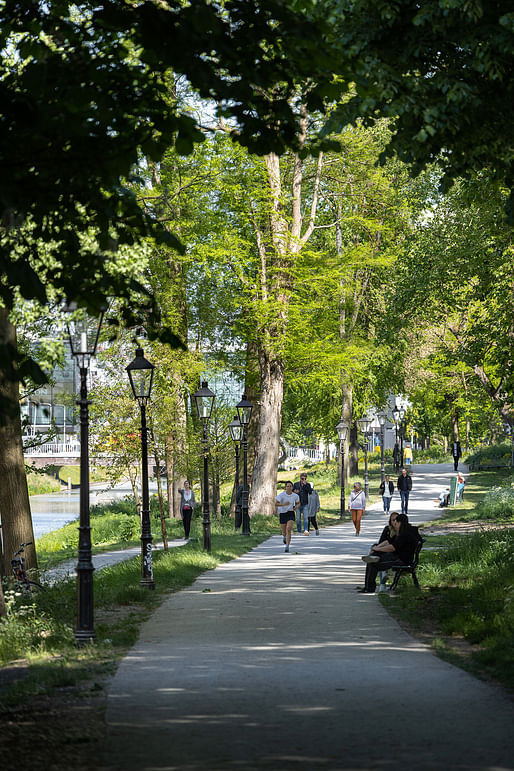
Jury comments: "The jury considers that the reconstruction of the canal, as well as the recovery of a linear park running along its banks, is an exemplary intervention for the survival of our cities in this new climate era. The canal is crucial for building urban resilience in the city: it is increasing Utrecht’s capacity to deal with extreme heat, storms and flooding, and the recovery of water and plant life helps capture carbon and reduce pollution. The canal has become a desirable and playful place to be, for the city’s residents, and it has also created new habitats for other living beings."
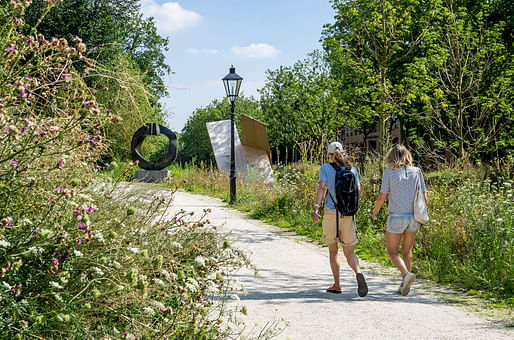
"The jury appreciates the fact that this intervention is part of a larger urban
transformation, which looks to the future by bringing back elements from the city’s
past. The canal has been returned to its original state, after having been replaced, for
more than fifty years, by a large highway. This project not only diminishes motorised
traffic, but, and more importantly, it prioritises pedestrian mobility and social interaction,
as well as porous surfaces and a rich biodiversity. These aspects are what make our
cities healthy, sustainable and enjoyable. With this prize, the jury commends and
congratulates the client, teams and stakeholders: this project could inspire a new
standard for sustainable urban regeneration."
FINALISTS
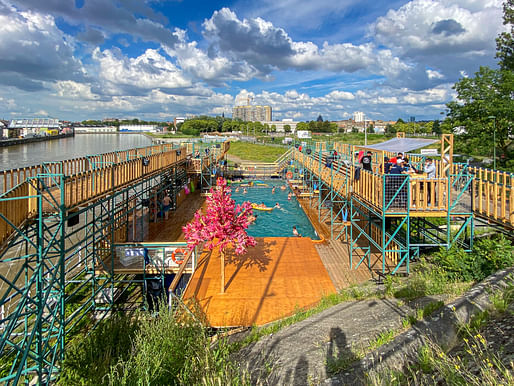
FLOW by POOL IS COOL with Decoratelier Jozef Wouters (Brussels, Belgium)
Jury comments: "Flow, designed and built with the participation of fifty young people, is the first open-air swimming pool to be constructed in Brussels in forty years. This project introduces a temporary structure that establishes a rich meeting place for enjoying fresh air and water. As a simple, economical, modular system that can easily be built by many hands, it presents a good example of how everyone can participate in creating an active, healthy public space."
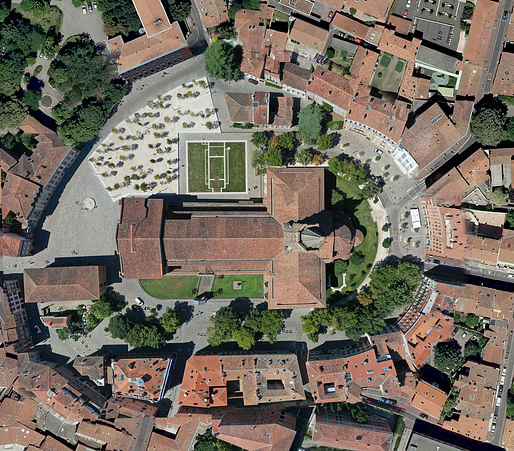
Saint Sernin Square by Joan Busquets, Pieter-Jan Versluys, BAU (Toulouse, France)
Jury comments: "The project for Saint Sernin Square in Toulouse restores eminence to the
historic urban fabric of the city. The cars that occupied its surface have been
removed, and lost trees are reinstated as organisers of the public space. The
simplicity of the proposal, its use of materials, and recognition of the heritage of
the site have become the project’s mechanisms for reactivating a new, oncejeopardised public space and regaining its vertical dimension and establishing
an area that can accommodate a range of public uses."
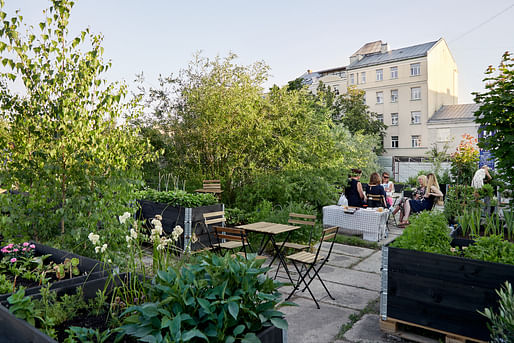
Urban community garden "Sporta pils dārzi" by Artilērijas dārzi (Riga, Latvia)
Jury comments: "The urban community garden “Sporta pils dārzi” is the result of a popular
initiative to recover an abandoned lot and becomes a new typology of public
space. The project consists of a system of seedling distributions and interstitial
spaces that will be occupied during events and encounters. The resulting
project is a new system, a model of urban space that incorporates productive,
cultural and social logics and integrates emerging natural elements as part of
the community space."
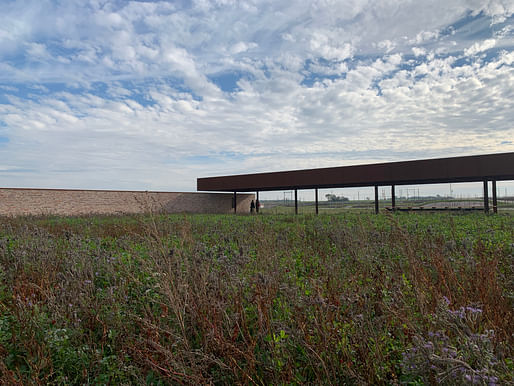
Hage by Brendeland & Kristoffersen architects and Price & Myers (Lund, Sweden)
Jury comments: "alternative to the logic of rapid urbanisation in its surroundings. A courtyard, closed on three sides by walls made of bricks recovered from a demolished factory building, is set in still-undeveloped land on the outskirts of Lund. The owner of the land has decided not to keep pace with the urbanising development of the area, but to let it follow its own course open to the citizens. The courtyard is a first intervention, an anticipation of a gradual evolution of the place: an hortus inconclusus."
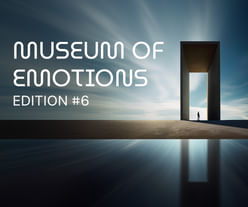
Museum of Emotions / Edition #6
Register by Thu, Jan 23, 2025
Submit by Tue, Apr 29, 2025
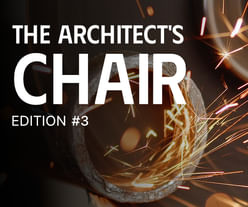
The Architect's Chair / Edition #3
Register by Wed, Jan 15, 2025
Submit by Tue, Feb 18, 2025

MICROHOME Kingspan 2024/25
Register by Thu, Feb 13, 2025
Submit by Tue, Mar 18, 2025
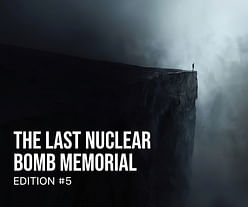
The Last Nuclear Bomb Memorial / Edition #5
Register by Thu, Jan 16, 2025
Submit by Wed, Feb 19, 2025
No Comments